These are foods, which have natural health-giving and even medicinal effects. As stated before, most foods can be eaten for health, so long as they are unrefined and produced in an organic way, so most foods are Superfoods to some extent.
Chocolate
Chocolate and cocoa powder come from the pods of the tropical tree, Theobroma cacao. Despite its relatively high content of saturated fatty acids, chocolate can contribute a significant amount of dietary antioxidants and bioflavonoids. The caffeine content can in excess produce palpitations and other side effects, but in ordinary consumption, chocolate can improve mental performance, memory, alertness and feelings of well being, and delay physical fatigue. Chocolate is a major source of dietary copper, contains significant amounts of manganese and magnesium, and cocoa can be used in zinc deficiency.
Dairy Products
Dairy products – milk, butter, cheese, eggs and yogurt etc. – are a rich source of calcium, phosphorus and selenium. They also contain saturated fat. Milk is a source of zinc and organic butter of Vitamin A. Eggs are a good protein source, and are a complete food, lacking only vitamin C 9which most species can make for themselves, but not man). They contain copper, iodine and iron. Egg yolk is a rich source of folate and zinc. Yogurt is an excellent protein, which is very easily digestible, because the lactobacilli (bacteria) have ‘pre-digested’ the lactose (milk sugar). Live bio yogurt can be useful in many ways. The lactobacilli are protective against infectious diseases in the gut and cancer of the colon, and can help when intestinal flora has been disrupted by a course of antibiotics.
Fruit
All fruits contain good carbohydrate and many fibrous, components for effective intestinal transit. They are also rich in minerals and vitamins, and are amongst the most important vital elements for health. Red and yellow fruits in particular contain carotenoids, among them apricots, cherries, citrus fruit, melons, papaya and mango. Fruits also contain bioflavonoids, in particular apples, apricots, cherries, citrus fruits, grapes and all the summer fruits. Most fruits are rich in Vitamin C, particularly blackberries, blackcurrants, citrus fruit, guavas, and kiwi fruit. Figs are rich in fiber, and bananas are good sources of potassium, magnesium and fiber. Dried fruits have excellent quantities of fiber and iron; sultanas, particularly the darker varieties, contain all the components of red wine, as the skins are intact. Pineapple is a source of iodine and selenium, and contains an enzyme, bromelain, which is a protein-digester, and is said to be useful in a number of ways, combating infection and inflammation; it has also been used in the treatment of cancer. Papaya contains a similar enzyme, papain; Rhubarb may help to heal gastric ulcers.
Fungi and Yeast
Yeast is a rich source of folate and Vitamin B6 when cooked. Mushrooms, both cultivated and wild, contain chromium, copper and pantothenic acid, a B vitamin. Shitake mushrooms are said to be protective against cancer, especially of the breast.





